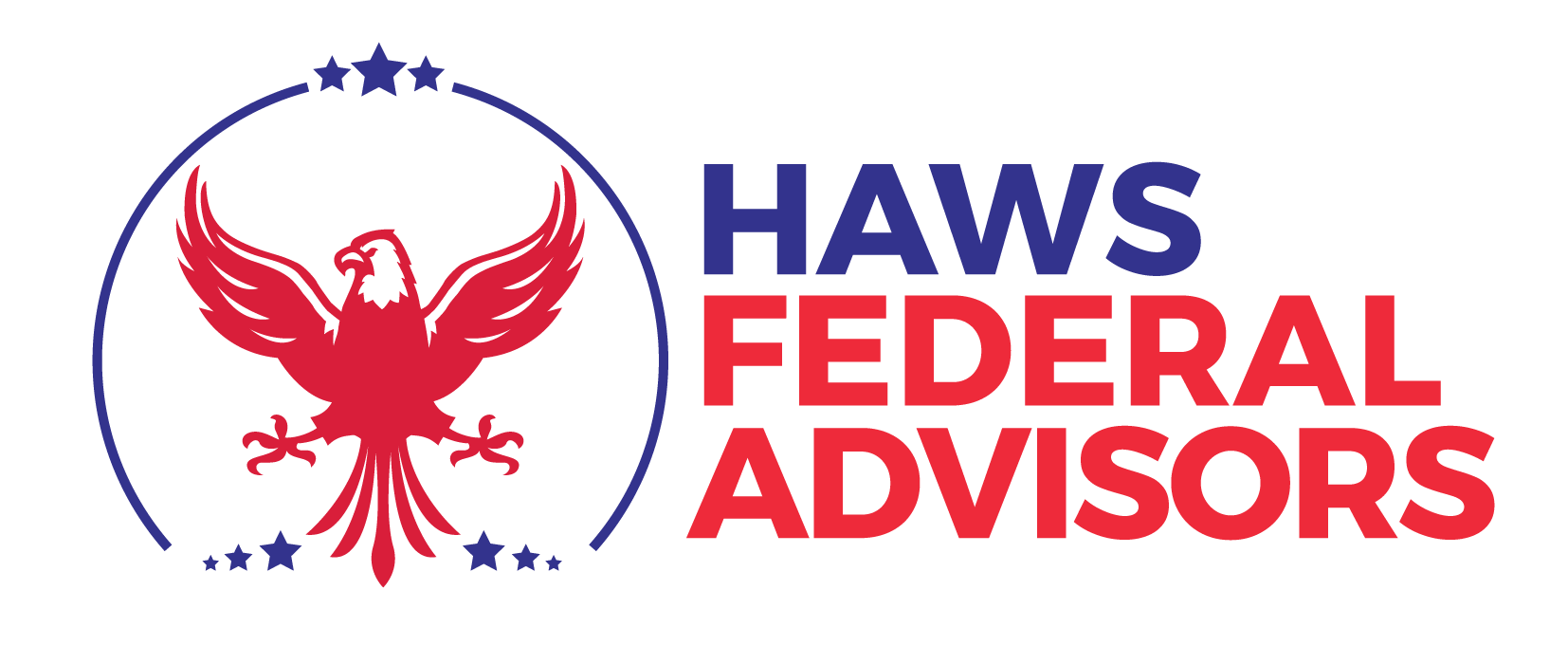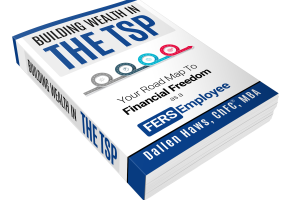FEGLI (Federal Employee Group Life Insurance) is one of the largest group term life insurance programs in the world, offering coverage to millions of federal employees. While FEGLI has numerous advantages, it is not always the most cost-effective option as you age. Understanding when to opt in and when to opt out can help you maximize your benefits while minimizing unnecessary costs.
Do You Need Life Insurance?
Before considering FEGLI or any other life insurance policy, it is crucial to determine if you need life insurance at all. Not everyone does.
If you are single, debt-free, and have significant savings, you may not require life insurance.
If you have dependents, a mortgage, or other financial obligations, life insurance can help protect your loved ones financially in the event of your passing.
Once you determine your need for life insurance, the next step is to decide whether FEGLI is the best option for you.
FEGLI or No FEGLI: Key Considerations
When evaluating FEGLI, consider the following factors:
1. Pre-Existing Conditions
One of FEGLI’s most significant benefits is that it does not require a medical exam if you enroll when first eligible or during a qualifying life event. This makes FEGLI an excellent choice for individuals with pre-existing conditions who may struggle to obtain affordable private insurance.
2. Cost
FEGLI provides competitive rates for young federal employees. However, premiums increase significantly with age, particularly for Option B coverage. Here is a chart going over the increases:
Source: https://www.opm.gov/healthcare-insurance/life-insurance/program-information/#url=Premiums-for-Employees
Since FEGLI does not differentiate between individuals based on health status (meaning a healthy athlete and a smoker pay the same rates), healthier individuals may find better pricing on the private market.
3. Coverage Options Beyond FEGLI
Private life insurance companies offer policies that include features such as:
Coverage for critical illnesses
Living benefits if diagnosed with a terminal illness
Cash value accumulation (for whole life policies)
These features are not included in FEGLI, making private policies potentially more versatile.
Understanding FEGLI’s Four Coverage Options
FEGLI consists of four main parts:
Basic Coverage (Automatic unless waived)
Coverage amount: Annual salary rounded up to the next $1,000 + $2,000
Government covers part of the premium
Premiums remain stable
Option A (Standard)
Flat $10,000 coverage
Option B (Additional)
Allows coverage of 1-5 times your salary
Premiums increase with age
Option C (Family)
Covers spouses and children
Multiples of $5,000 per spouse and $2,500 per child
When Can You Make Changes to FEGLI Coverage?
You can cancel FEGLI at any time, but increasing coverage is more restrictive. You can increase your coverage during:
A qualifying life event (marriage, childbirth, divorce, death of a spouse)
A FEGLI open season (held infrequently, the last one was in 2016)
Approval through medical underwriting
FEGLI in Retirement
To carry FEGLI into retirement, you must:
Have been covered for at least 5 years before retiring
Retire with an immediate pension
For Basic coverage, retirees can choose from the following options:
75% Reduction: Coverage reduces by 2% per month after age 65 until it reaches 25% of the original amount. It then becomes free after age 65.
50% Reduction: Coverage reduces to 50% of the original amount (requires ongoing premiums)
No Reduction: Full coverage remains but at a high premium
Options B and C can also be reduced or maintained at a cost.
Alternatives to FEGLI
Many federal employees explore alternatives as FEGLI costs rise. Common options include:
WAEPA (Worldwide Assurance for Employees of Public Agencies): A non-profit group term insurance provider often offering better rates.
Private term life insurance: Typically cheaper than FEGLI Option B for healthy individuals.
Bundled coverage with existing insurers: Discounts may be available when bundling with home or auto insurance providers.
Whole Life vs. Term Life Insurance
When looking at private alternatives, you will need to choose between whole life and term life insurance:
Term Life: Provides coverage for a set period (e.g., 10, 20, 30 years). It is typically much cheaper than whole life.
Whole Life: Lasts a lifetime and accumulates cash value, but is significantly more expensive.
Most individuals only need coverage for a limited time (until their mortgage is paid off or their children are grown), making term life a more practical choice.
Final Considerations: Keeping Your Beneficiaries Updated
Regardless of whether you stay with FEGLI or choose an alternative, regularly review your beneficiaries. One of the biggest mistakes people make is forgetting to update their beneficiaries after major life events such as marriage or divorce, which can lead to unintended outcomes.
Conclusion
FEGLI is a convenient and valuable benefit for federal employees, especially those with pre-existing conditions. However, as costs rise with age, it may become less competitive compared to private term life policies. By assessing your personal situation, comparing private options, and keeping your beneficiary information up to date, you can maximize your life insurance coverage while minimizing unnecessary expenses. If you would like more information on any of the topics discussed today, feel free to check out all our article on FEGLI here: https://hawsfederaladvisors.com/fegli-articles/


